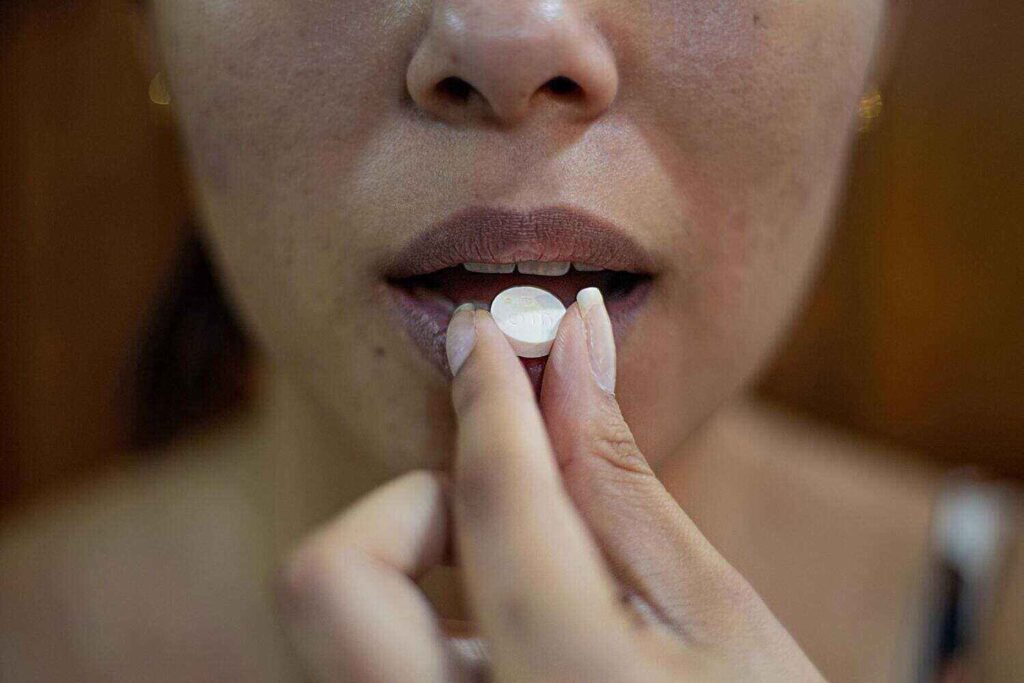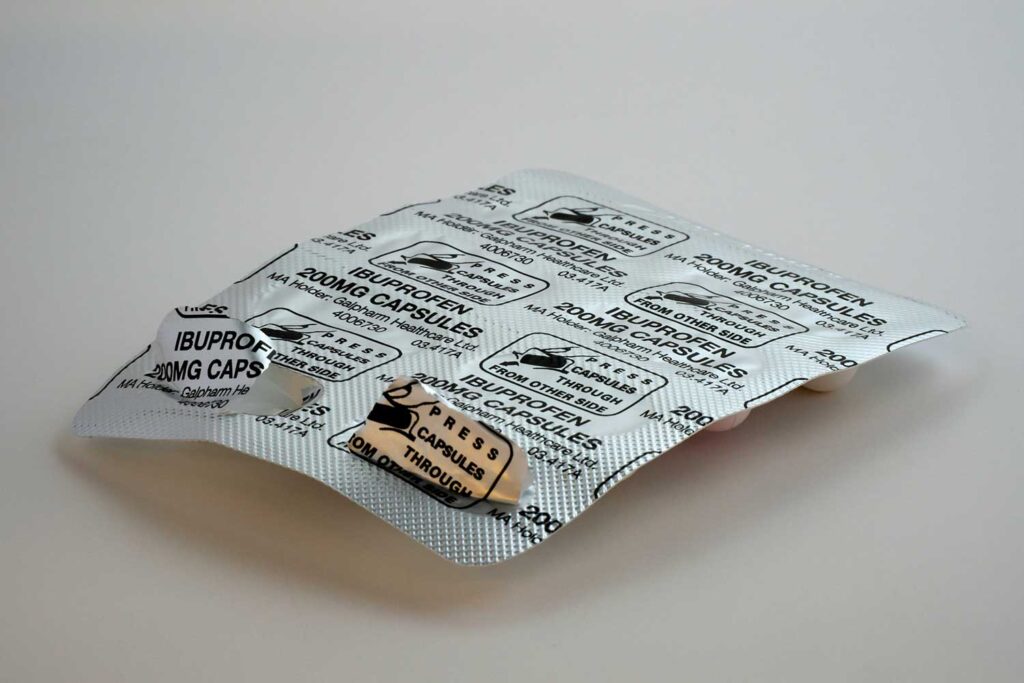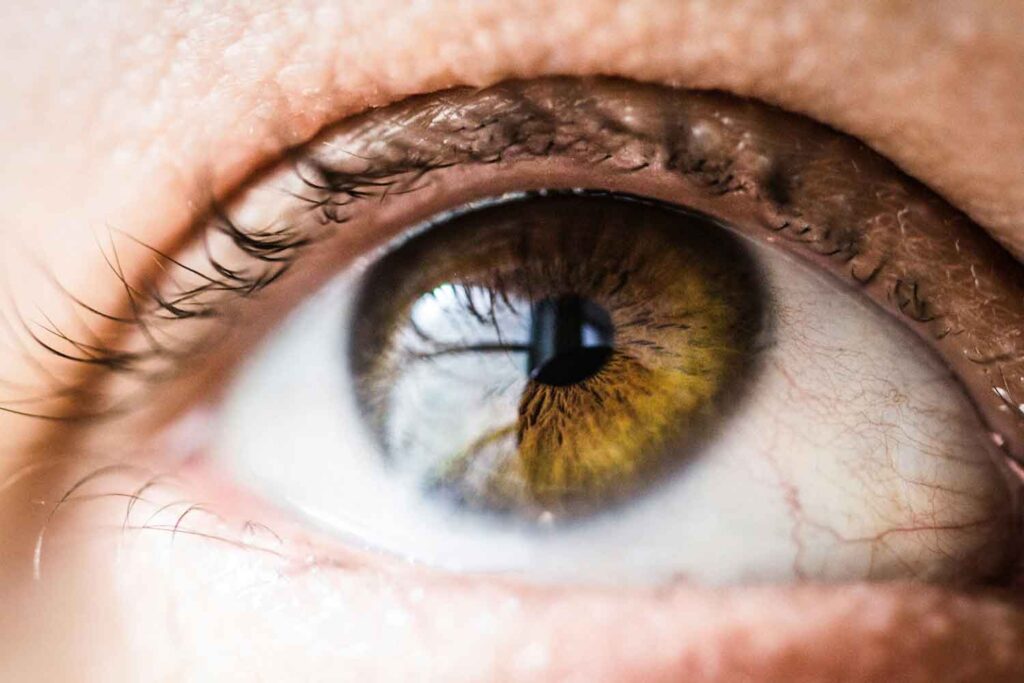How Long Does Ecstasy Stay in Your System?

Ecstasy, known as molly is a synthetic substance that has been used by millions of Americans. This substance that gained popularity in the 1980s party scene is listed as a Schedule 1 controlled substance and is therefore illegal.
Molly is also known as 3,4-methylenedioxymethamphetamine (MDMA). However, ecstasy has been found to have other substances besides MDMA but we will use the terms interchangeably.
Ecstasy is considered both a stimulant and a hallucinogen that causes effects people find pleasant. On the other hand, there are negative side effects that can arise from its use. In addition to that, some jobs test for ecstasy which usually begs the question for consumers: how long does ecstasy stay in your system. Here is what we know.
Photo: Unsplash
How Long Does Ecstasy Stay in Your System?
According to an article in a medical journal, the half-life for MDMA is around 8 hours. The half-life of a substance is how long it takes for its concentration to decrease by half.
The article went on to say that over 95% of the substance is cleared from the body in around 40 hours.
However, the amount of time ecstasy stays in your system depends on several factors such as your biological makeup.
Healthline suggested the following factors that would affect its metabolism:
- Liver function
- Genes
- Age
- Body mass index (BMI)
- Metabolism
- Kidney function
In addition to that, the more molly you use, the longer it will stay in your system. Healthline says, “Most fluid-based detection windows are based on a single dose ranging from 50 to 160 milligrams (mg). Higher doses may take longer to leave your system.”
How Long Does Ecstasy Stay Detectable
According to Very Well Mind, even though most of the MDMA goes away in a couple of days, traces can be found for a long time. They said, “MDMA can be detected in your body from one to 90 days.”
Very Well Mind also mentioned that the length of time MDMA can be detected in your body depends on:
- The type of test – For example, a hair test can detect ecstasy after months while urine tests can detect only after a couple of days.
- How often you use MDMA – The more you use MDMA is the longer it will stay detectable.
- Your biological makeup – As stated above, based on how you metabolize substances, ecstasy could be cleared sooner or later than average.
How Long Does Ecstasy Stay in Your Urine?
Very Well Mind says that ecstasy stays detectable in your urine for four days. Healthline, on the other hand, says that molly can be detectable for up to three days after taking it.
In addition to that, Healthline posits that “It takes one to two hours before molly is first excreted in urine.”
How Long Does Molly Stay in Your Blood?
Healthline and Very Well Mind admit that molly will stay in your blood between one and two days after consumption.
Molly will start showing up in your blood within 15-20 minutes after you’ve taken it according to Healthline.
How Long Does Molly Stay in Saliva?
If you have to do a saliva test, Healthline says molly will show up for 2 days after you ingest them.
In addition to that, molly shows up pretty quickly after you take it. A study stated molly was detected in saliva within 15 minutes after consumption.
How Long Can Ecstasy Be Detected in Hair?
Hair tests usually show evidence of substances months after you’ve taken them. Hair tests show molly for about 3 months after it’s been consumed. Weed has a similar detection window with hair tests too.
Conclusion
The length of time ecstasy stays in your system really depends on several factors. The major factors are your biological makeup and dosage. The amount of time molly can be detected in your system depends on the aforementioned factors as well as the test that is used. In general, most of the molly is cleared out within 40 hours and most tests won’t detect it after a couple of days.












